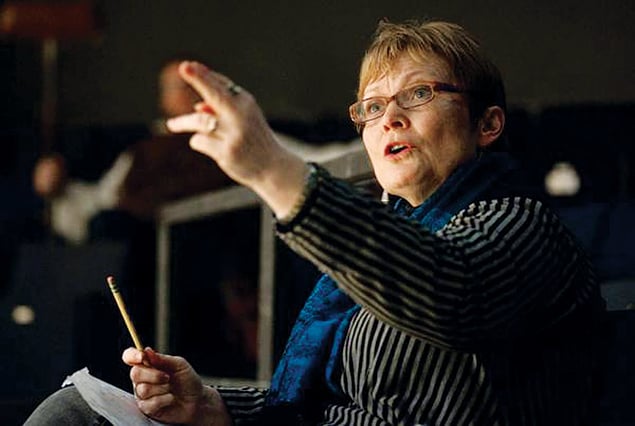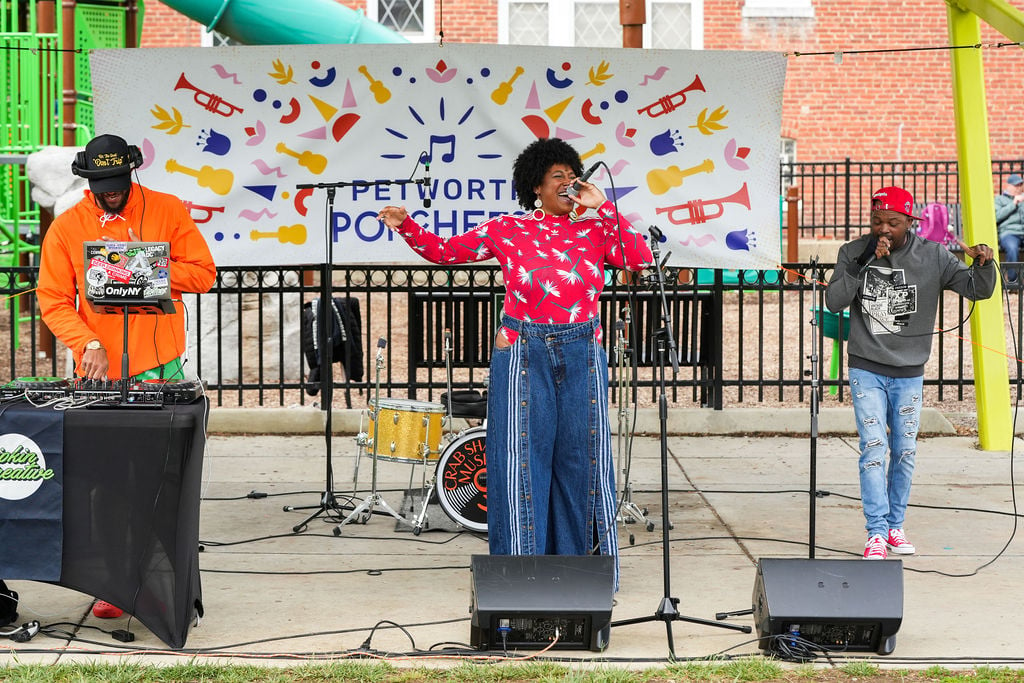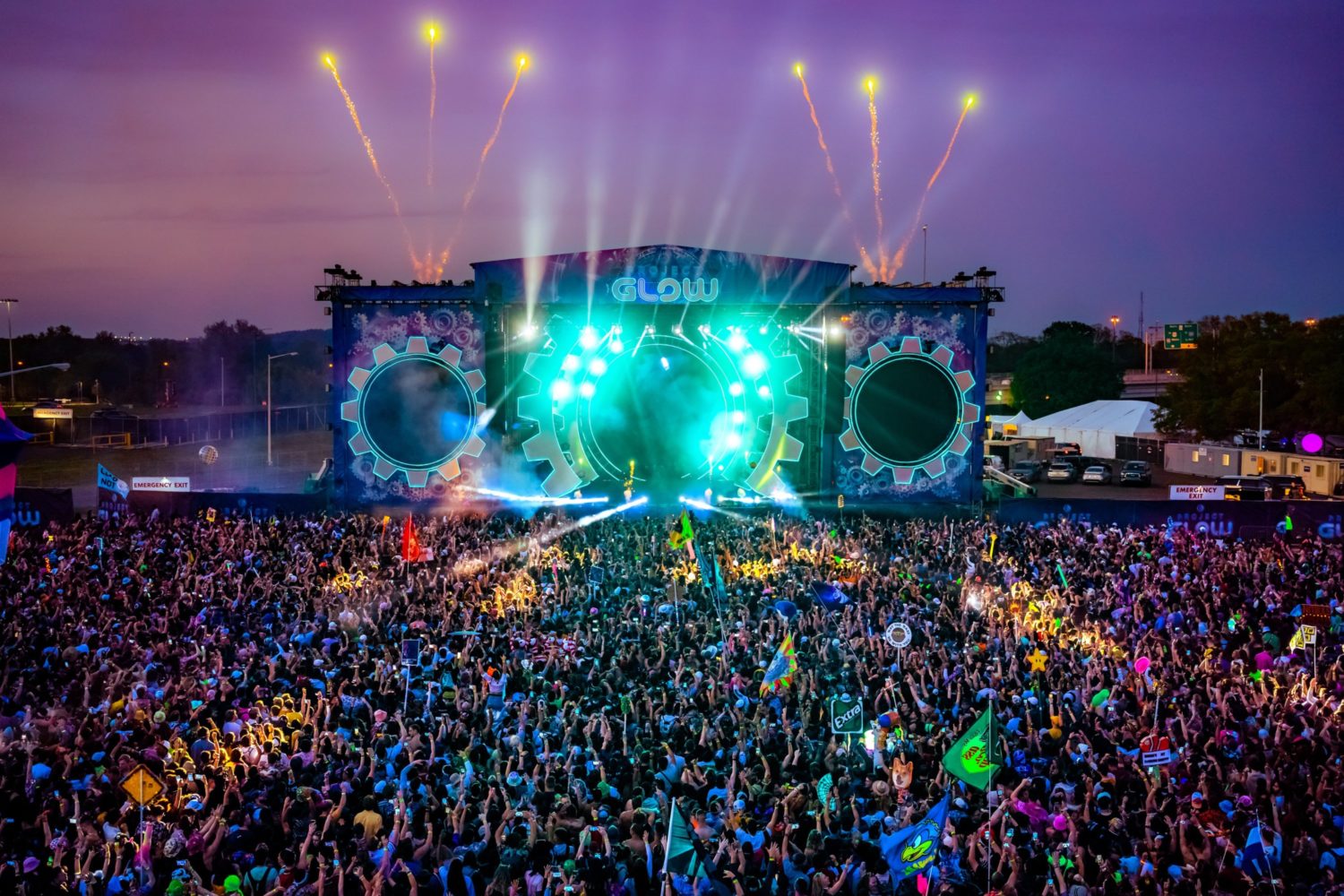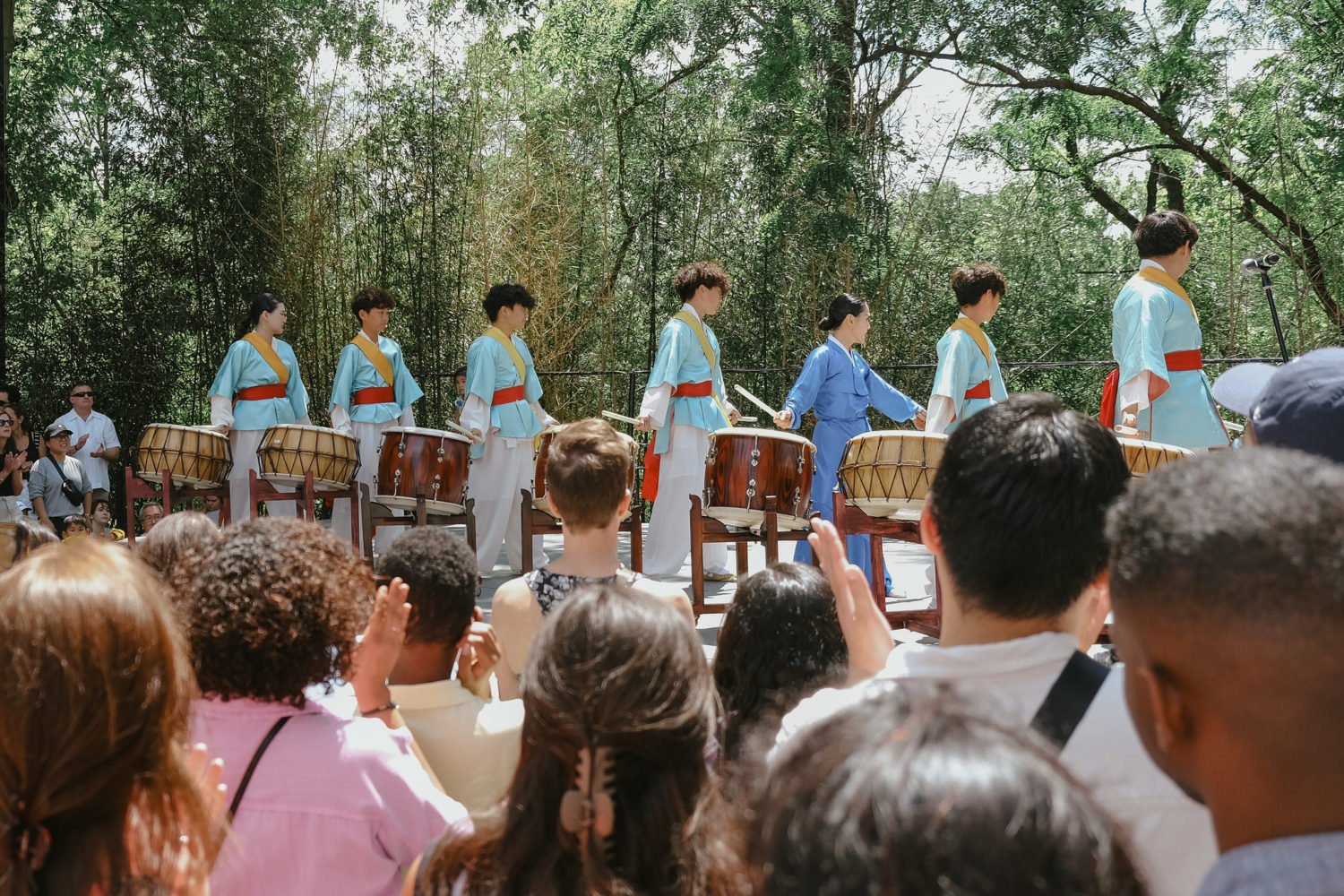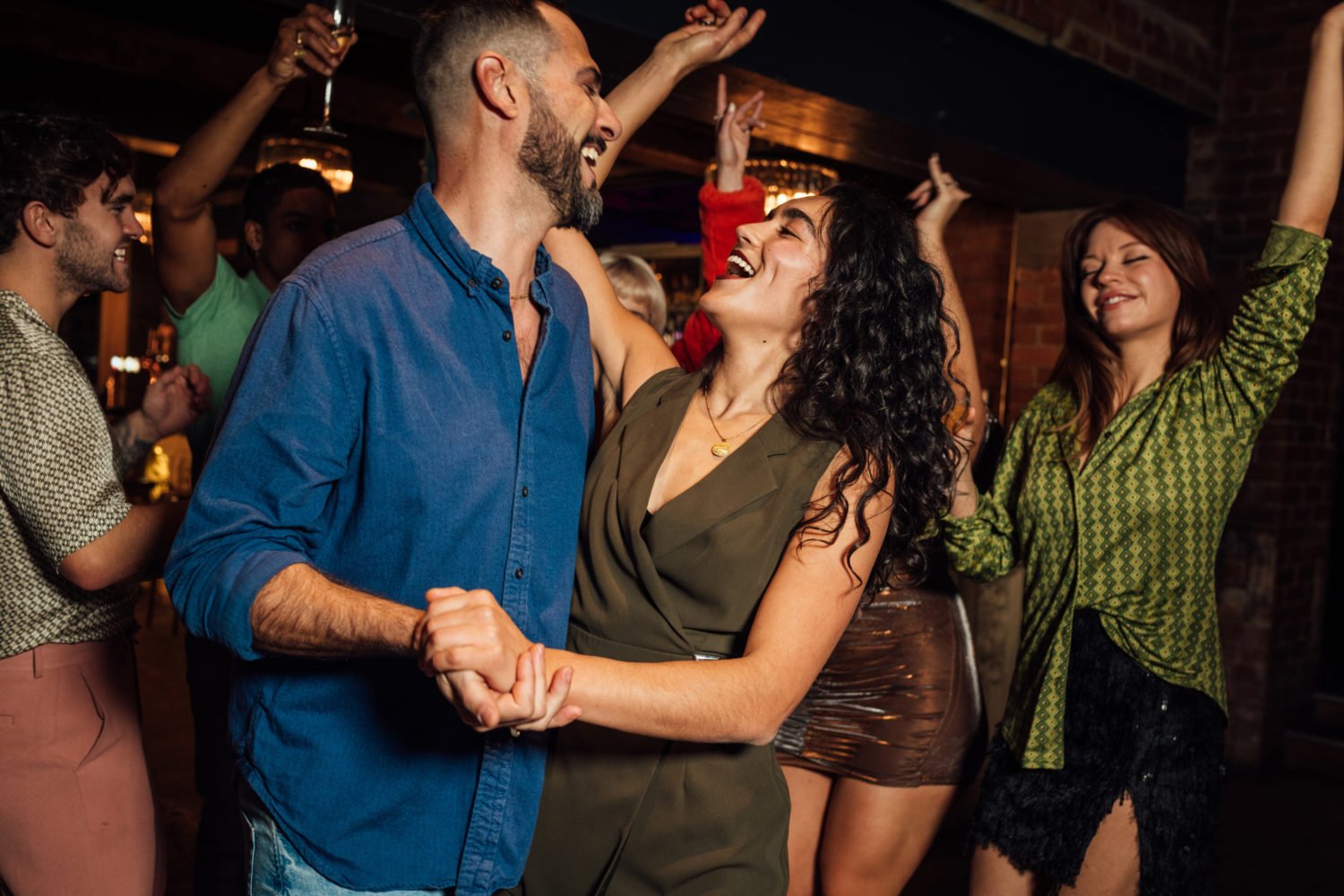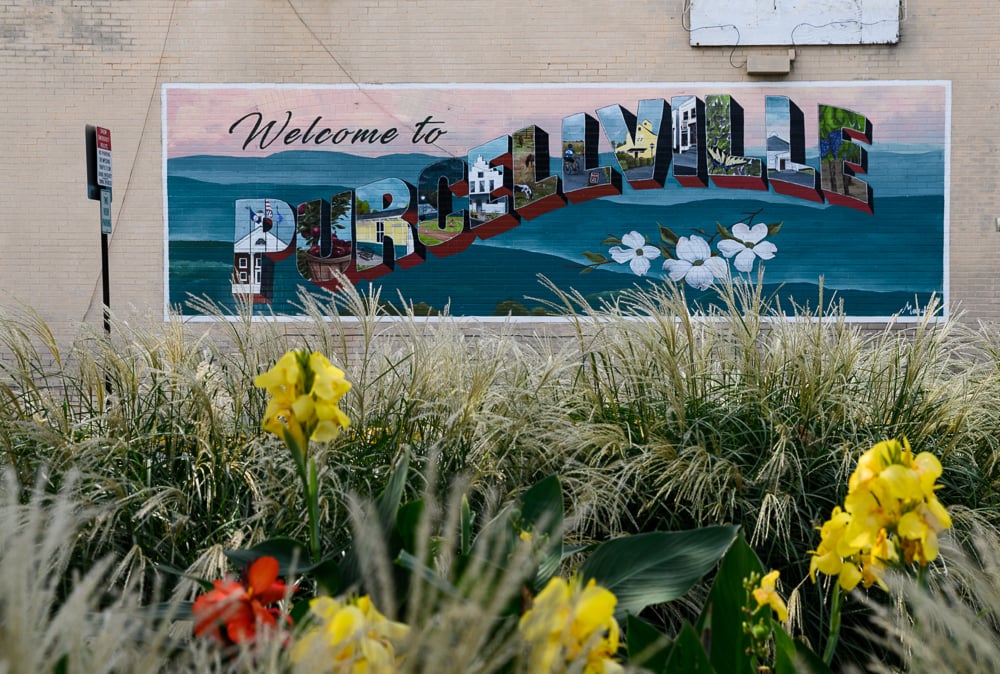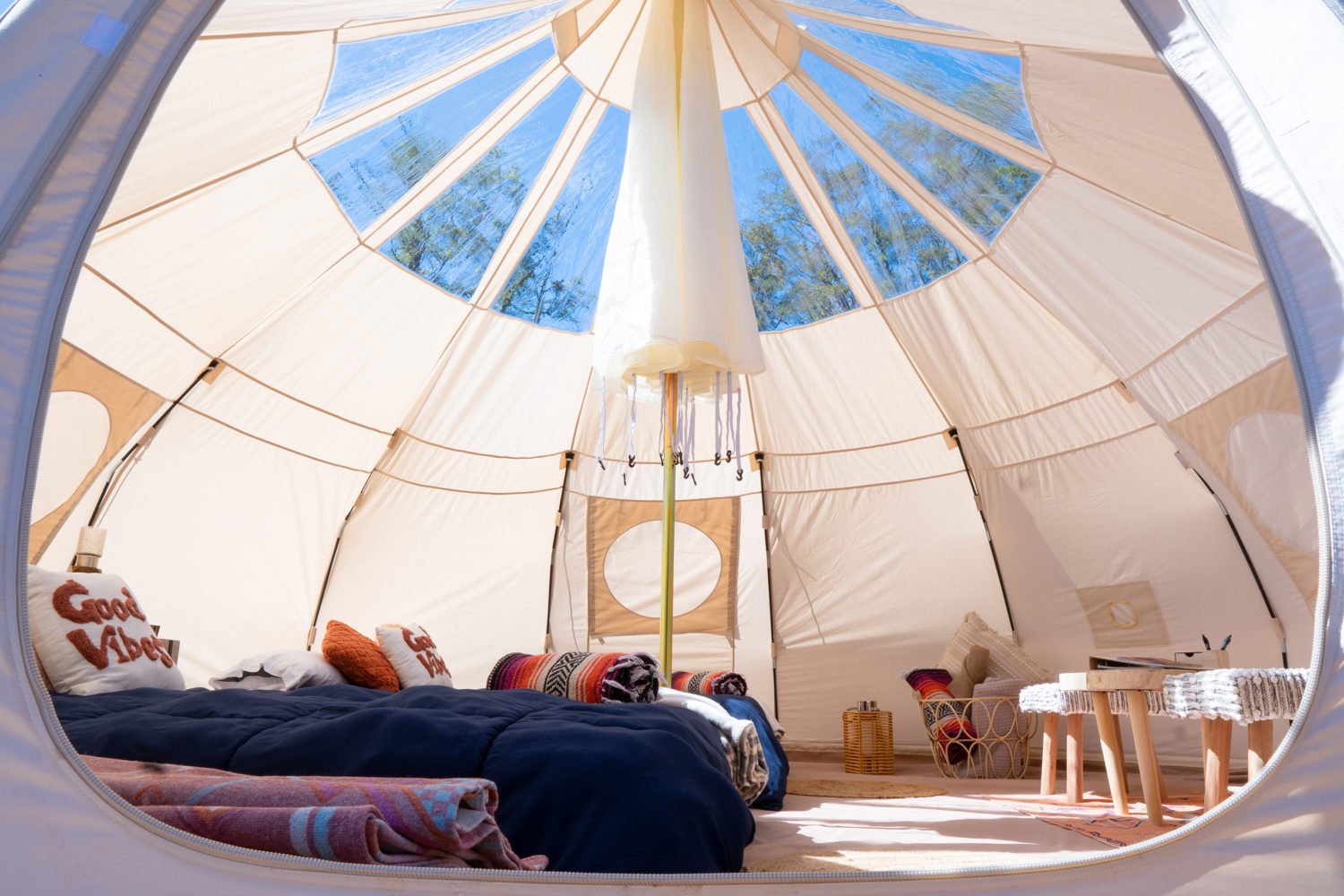A century and a half after the Civil War, most Americans know the basics: Bull Run, Appomattox, the Emancipation Proclamation. But finding a personal connection is another matter.
As a step in that direction, Our War—at Arena Stage October 21 through November 9—presents original monologues about the conflict by 25 playwrights, including Pulitzer Prize winners Lynn Nottage and David Lindsay-Abaire, which the theater commissioned as part of its involvement in the National Civil War Project. (The “theatrical dance piece” Healing Wars, staged in June, also stemmed from the collaboration.)
Director Anita Maynard-Losh and her Arena colleagues looked for contributors with a variety of ages and backgrounds. Most other accounts, she says, are from the perspective of “people in charge of the country at the time—white men. With a collection of playwrights that is more than half women and a great majority people of color, we get quite different points of view.”
To add another layer, 25 notable Washingtonians—including PBS NewsHour co-anchor Judy Woodruff, radio host Diane Rehm, Congresswoman Eleanor Holmes Norton, and Justice Ruth Bader Ginsburg—will read a monologue of their choosing during selected performances.
While some of the pieces have a historical setting, many focus on ripples that reverberate today—“explorations of what it means to be an American and the repercussions of institutional racism,” Maynard-Losh says. The Civil War “leaves us trying to make impossible connections. We have this urge to understand something that’s so much bigger than anything we’ve experienced.”
Meshing the disparate voices and styles presented a challenge for the director: “All these pieces need to be going somewhere, so where do they end up? It’s not until I see how the actors interpret the pieces and hear them all strung together that I understand what the emotional and intellectual impact is.”
Our War potentially serves as a kind of theatrical Rorschach test, with each audience member seeing something different—but Maynard-Losh’s hope is more modest: “I would be really happy if people come away thinking, ‘Oh, I thought this was an absolute truth about the Civil War, and now I see it’s actually an opinion a lot of people share—but not everyone.’ ”
Tickets ($40 to $50) at arenastage.org.
This article appears in the October 2014 issue of Washingtonian.

